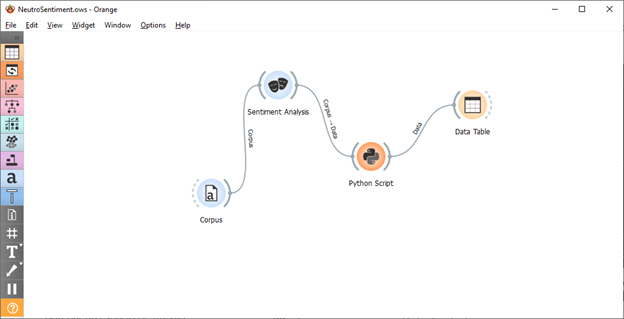Neutrosophic Sentiment Analysis Method Based on NeutroAlgebra for the Evaluation of M-Learning as a Quechua Learning Instrument
Keywords:
M-Learning, Mobile Platforms, Neutroalgebra, Prospector, Sentiment Analysis, of Indigenous LanguagesAbstract
This study focuses on assessing the efficacy of m-learning as a tool for learning Quechua. It uses a unique method of sentiment neutrosophic sentiment analysis, which is based on neutroAlgebra. In the current scenario, where the use of mobile platforms for learning indigenous languages is gaining significance, there is a noticeable absence of methods that can effectively handle the intricate and uncertain nature of users' perceptions towards these systems. Existing literature provides limited solutions that effectively integrate mathematical precision with the ability to recognize and respond to emotions and ambiguous opinions. This article addresses the lack of methodology by utilizing neu-troAlgebra to process and analyze sentiment data. This approach enables a more comprehensive and profound comprehension of the user experience. The study's findings indicate that utilizing neutroAlgebra for neutrosophic sentiment analysis is a highly efficient method for comprehending the intricate and uncertain nature of users' perceptions regarding Quechua m-learning. The findings emphasize that this methodology not only enables a more accurate and thorough evaluation of the tool, but also provides valuable insights to enhance the design and implementation of educational strategies in indigenous languages. The study makes two main contributions. Firstly, it presents a novel theoretical and methodological framework for evaluating m-learning in situations with a high level of uncertainty. Secondly, it proposes practical applications that have the potential to greatly enhance the teaching and learning of Quechua and other minority languages in digital settings and the implemetation in Orange data mining tool.
Downloads

Downloads
Published
License
Copyright (c) 2024 Neutrosophic Sets and Systems

This work is licensed under a Creative Commons Attribution 4.0 International License.






